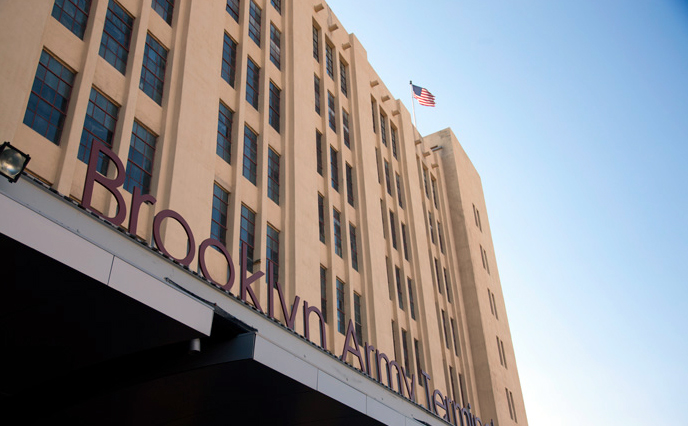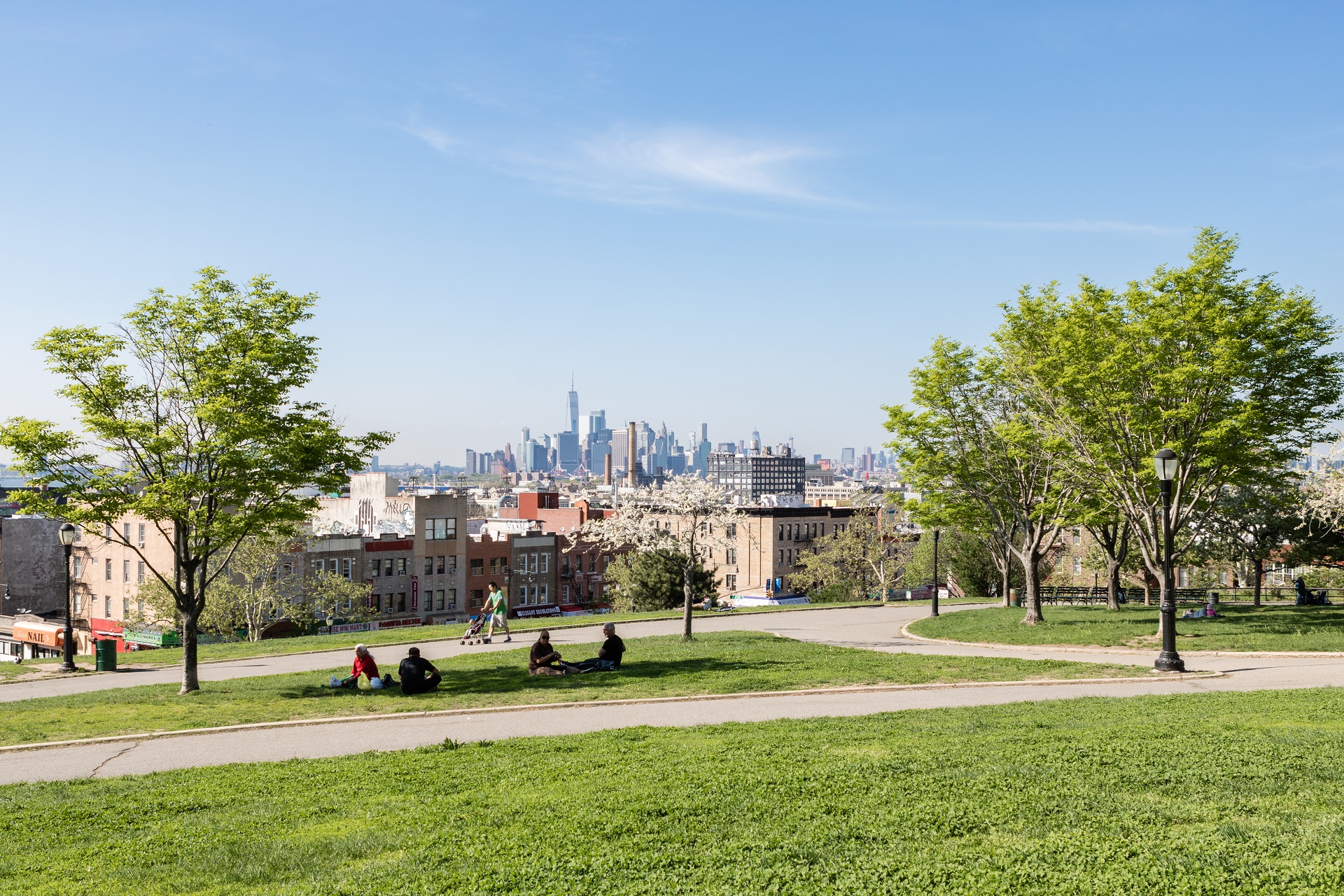Brooklyn plays big role in NYC initiative to grow advanced manufacturing jobs

New York City Economic Development Corporation will invest $13 million to build a new Advanced Manufacturing Center at the Brooklyn Army Terminal as part of a $150 million initiative to boost advanced manufacturing jobs in New York City. Photo courtesy of the Brooklyn Army Terminal
Brooklyn is looking like a winner in a new initiative to grow industrial and advanced manufacturing jobs in New York City.
The New York City Economic Development Corporation (NYCEDC) on Friday announced the launch of a $150 million fund to provide financing for industrial real estate development projects in New York City.
The public/private NYC Industrial Developer Fund is designed to jumpstart investment in 400,000 square feet of new or renovated industrial real estate workspace across the city. The goal is to create as many as 1,200 “quality and accessible” industrial jobs by 2020, the city said.
